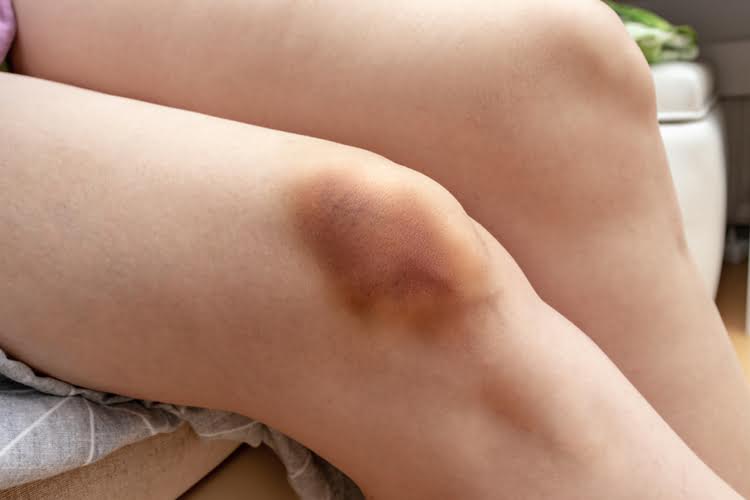Firstly, consuming alcoholic beverages, particularly in excess, can cause the body to sweat a lot. Menopause and medications, including steroids and antidepressants, can cause hot flashes and night sweats, and drinking alcohol often worsens these pre-existing symptoms. To understand why alcohol can cause excessive sweating, it’s crucial to comprehend how the body regulates its temperature. When internal body temperature rises, the nervous system triggers sweat glands to produce sweat, which evaporates and cools the skin, helping to maintain a stable temperature.
Health Implications of Alcohol-Induced Night Sweats
Staying hydrated, consuming alcohol in moderation, and opting for lower-alcohol beverages may help reduce the intensity of alcohol-induced sweating. Additionally, wearing lightweight and breathable clothing can aid why do you sweat when drinking alcohol in managing sweat and maintaining comfort. Yes, the consumption of a larger quantity of alcohol can increase the likelihood and intensity of sweating. Alcohol acts as a vasodilator regardless of the amount consumed, and higher quantities may lead to more significant dilation of blood vessels and subsequent sweating. While drinking in moderation can minimize certain side effects of alcohol, including sweating, it may not completely eliminate them. Alcohol affects individuals differently, and moderation alone may not prevent alcohol-induced sweating for everyone.

In severe cases, withdrawal can cause confusion, hallucinations, and seizures—symptoms of delirium tremens, which can be life-threatening. Sweating during alcohol withdrawal can be a sign that the nervous system is adjusting to the absence of alcohol. Alcohol directly affects the nervous system, and without it, the body can go into overdrive, causing sweating.
Can certain medical conditions make me sweat more after drinking alcohol?
- For some, the symptoms come on slowly; for others, they escalate quickly.
- This increased blood flow to the skin can make you feel warm and trigger sweating.
- After you quit drinking, your central nervous system is still trying to operate like alcohol is present.
- The best way to avoid night sweats is to watch your alcohol consumption.
These changes won’t remove the underlying cause of your symptoms, but they can help you alleviate your night sweats until the withdrawal process is finished. Depending on your situation, your doctor may make several recommendations to deal with night sweats and other symptoms you may experience. After six hours of sobriety, you can start developing minor withdrawal symptoms.
When To Worry About Excessive Sweating?
This smell of alcohol seems to permeate your whole body and even scrubbing yourself in the shower doesn’t seem what is alcoholism to get rid of it. Avenues Recovery is a community-based drug and alcohol rehabilitation center with locations across the United States. Alcoholism is a disease that affects more than 80 million people in the United States.
Our treatments include a medically-assisted alcohol detox, which can help deal with harmful withdrawal symptoms in a safe, secure environment. For many, this precedes a stay in one of our leading rehab centres located across the UK. Delirium tremens symptoms generally occur within 2 to 4 days of your last drink. If you or someone you love is experiencing these symptoms, you should seek medical attention immediately. You might also sweat after drinking due to having an intolerance to alcohol.

This can lead to a decrease in sensation in the feet, making them more susceptible to heat. Additionally, alcohol can cause a decrease in the body’s ability to regulate its own temperature, leading to an increase in the internal temperature of the body. It can cause a person’s feet to become hot or even feel like they are burning.
Common Symptoms of Alcohol Withdrawal
Night sweats are a common sign of alcohol withdrawal, which is a condition that can develop when a person with alcohol dependency stops drinking alcohol. Sweating can be a symptom of alcohol use disorder and alcohol withdrawal. Night sweats from alcohol detox may last days or weeks depending on biological https://www.mypcdoctoronline.it/2023/12/13/markup-vs-margin-whats-the-difference-formulas/ and personal factors. Preventing and managing night sweats for those with significant alcohol problems requires a multifaceted approach that addresses both the physical and psychological aspects of addiction. Alcohol intolerance is a condition characterized by an immediate, uncomfortable reaction to alcohol consumption.
Sweating Out a Hangover: There’s a Better Option
- Thérèse currently facilitates the Grief and Loss, and Sex and Relationship specialty groups offered at Alina Lodge.
- If you suffer from hyperhidrosis and are considering consuming alcohol, it is important to understand how this can impact your condition.
- This symptom can appear even in “functioning” drinkers who otherwise manage daily responsibilities.
- Depending on your situation, your doctor may make several recommendations to deal with night sweats and other symptoms you may experience.
The liver and kidneys work to metabolize these chemicals, and while they do so, they produce a lot of excess heat as a byproduct. The changes to temperature levels around these organs can end up triggering sweat production. Alcohol is a vasodilator which means it causes your blood vessels to relax and widen. This can cause a cascade of other effects to develop throughout your body. As your blood vessels widen, you’ll feel a rush of heat throughout your body.
In addition, there are aftercare programs you can take advantage of to remain sober after your treatment is complete. Even when your major symptoms have stopped, you may still go through post-acute withdrawal syndrome (PAWS) for several weeks. During this time, you may suffer from irritability, sleep issues, anxiety, fatigue, and cognitive dysfunction.






Leave a Reply